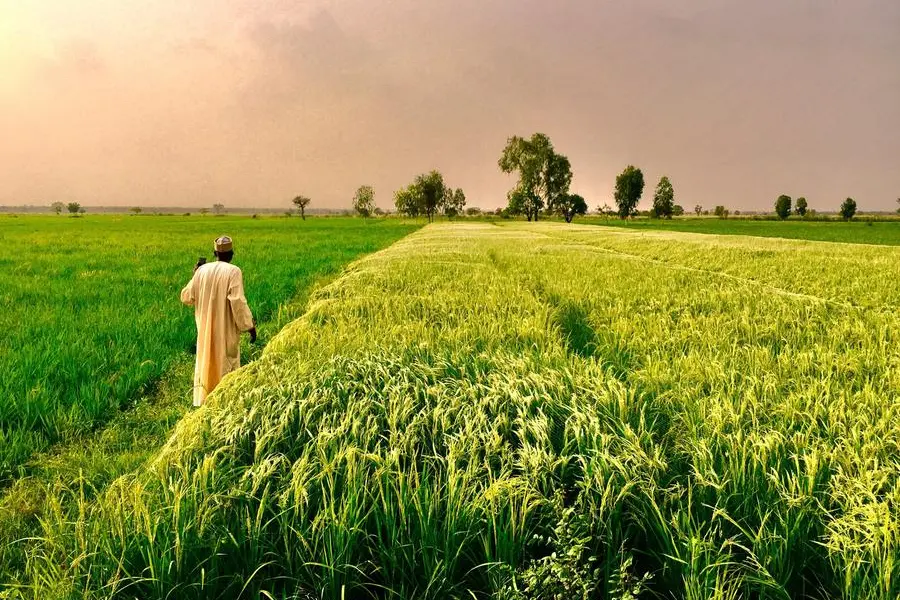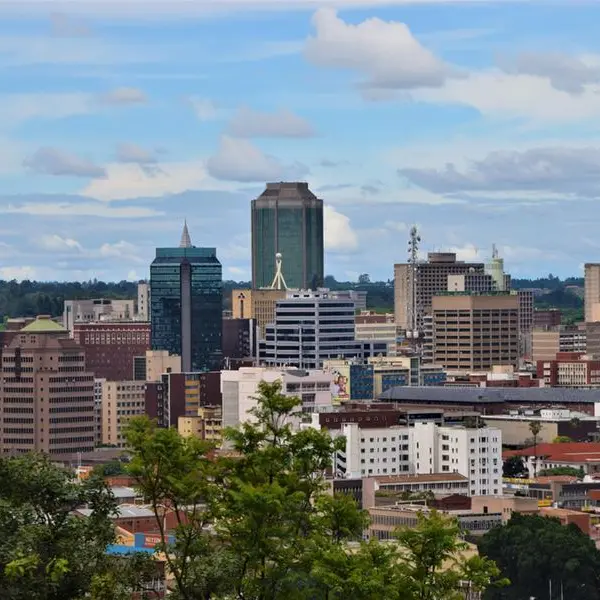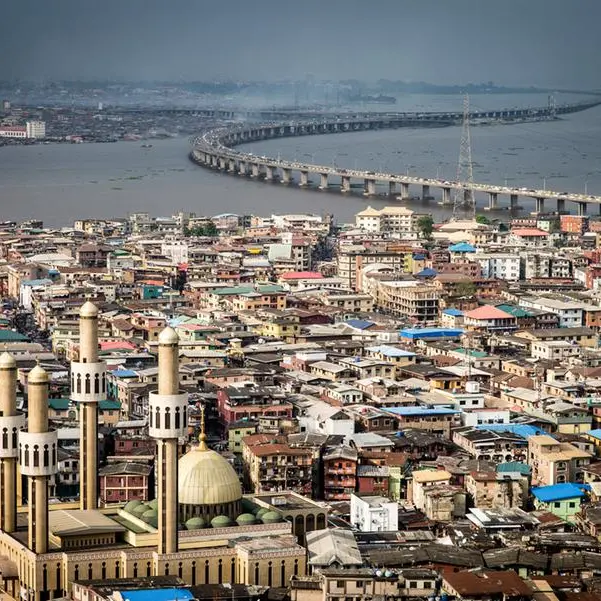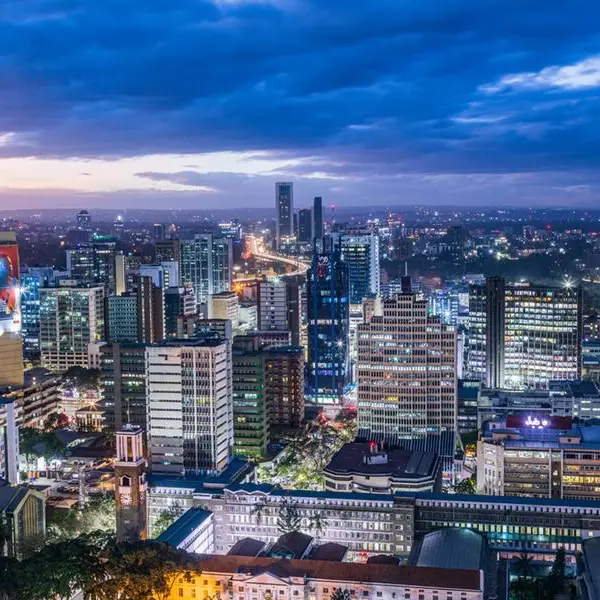PHOTO
The Department of Rural Development has the mandate to accelerate the transformation of the nation’s rural life and landscape through the provision of basic infrastructure on a sustainable basis.
This Department has been in the forefront of providing a link between governments and the rural communities through the provision of infrastructure and human capital development in rural areas.
The rural infrastructures include the construction/rehabilitation of rural feeder roads, boreholes, mini water treatment plants, and provision of solar powered and conventional electricity. Others include the construction of farm markets, mini-irrigation systems, capacity development of the rural dwellers on non-farm enterprises, funding of entrepreneurship growth of the rural youths.
From 2016 to 2022 under Capital Appropriation, Constituency and intervention funds for the implementation of the rural infrastructure projects, the Department constructed 1,583.2Km rural roads, provided and installed 1,530 units Solar powered/motorised boreholes & water treatment plants, provided and installed 20,124 units (1.207MW) solar electrification facilities, constructed 22 rural farm markets, 105 classrooms, 15 public toilets and 10 green houses.
Of the 51 percent of Nigeria’s population living in the rural areas, about 65-70 percent depend on agriculture as their chief source of livelihood providing 60-80 percent of the food needs of the nation.
This population is scarcely served with basic infrastructure such as good roads, portable water, and electricity. Of the estimated 132,000km of rural roads representing 68 percent of Nigeria’s total road network only 10 percent of it has been developed for effective transportation leaving the rural people to depend mostly on trekking as a means of transportation.
The poor rural roads network induces the high cost of transportation; reduces ability to access high quality inputs; limits the use of local markets for sales of their produce as well as the purchase of consumer goods and opportunities for off-farm employment. Poor road access has, nevertheless, put constraints for the rural poor in terms of access to other social infrastructures such as education and health facilities.
Rural access roads play a crucial role in promoting economic, social, and cultural development. Improvement in road connectivity not only assures the development but also accelerates the process of development.
It encourages the production of perishable agricultural produce such as eggs, fruits, vegetables, milk, and other dairy products. As these are best produced in rural areas, rapid and efficient transit is essential to ensure their availability in the far-off market centres or urban markets in fresh and good condition.
A document which was obtained by Nigeria Tribune, shows that in 2016 there was a demand of 592km of rural road project, the government delivered 96km which represents 16.20 percent and 84.80 percent deficit.
In 2017, a 780km of rural roads were requested, the government constructed 156km representing 20 percent with 80 percent deficit. The government in 2018 received requests to construct 1500km of rural roads; it delivered 787km which represents 52 percent with a deficit of 48 percent.
The document further noted that in 2019, there was a request for the construction of 1720km of roads and government delivered 40.5km leaving a deficit of 97.60 percent and 2.40 percent of the request was achieved.
In 2020, there was a request for government to construct 1806km of rural roads, a total of 503.7km was constructed which amounted to 27.90 percent achievement and 72.10 percent deficit.
In 2021, 2003km of rural roads construction was received, the government delivered 182.23km leaving a deficit of 91 percent while it achieved nine percent. Then in 2022, out of 2024km of rural roads requests, the government constructed 119km which represents an achievement of 5.80 percent and a deficit of 94.2 percent.
It is the overall mandate of the Ministry of Agriculture and Rural Development to provide rural infrastructure development needed to enhance productivity in rural communities; improve the capacity of rural human resources and improve the quality of life of the rural dwellers, among others.
The key objectives of rural feeder road development nationwide include to improving the ability of smallholders, market-oriented farmers, and agribusinesses to physically accessing market and operating in a profitable way through the rehabilitation and effective maintenance of priority feeder roads.
Others are to enhance movement of goods and services to and from production areas, create the sense of belonging on rural dwellers, mitigate the persistent rural-urban migration, stimulate employment and income generating activities, ensure agricultural, economic, social, and cultural development for food security, enhance rural livelihood, among others.
On rural water and sanitation, the government has provided Solar Powered Borehole which consists of four (4000ltr) capacity overhead plastic tanks, Overhead stand, Solar Panels, pump, perimeter fence and reticulations
It also provided Motorised Borehole which consists of four(4000ltr) capacity overhead plastic tanks, Overhead stand, Generator, Generator house, pump, perimeter fence and reticulations.
There is also the Mini Water Treatment Plant which has a capacity of about 3,000 cubic metres per hour. It generates about 20,000 litres per day, serving over 135 households daily. It consists of: Overhead tank (25,000Ltr); Treatment plant; Admin block; Generating set Reticulation; Boreholes and Reservoir (50,000ltr)
Rural electrification improves individual quality of life, facilitates community services in health and education and enables business entities to carry out professional activities for the populace.
Most of the rural dwellers in sub-Saharan Africa lack electricity and where it exists, the supply is usually epileptic and poor.
The challenge of extending National grids into rural areas further compounds the power access problem encountered by rural dwellers. Also with the high population growth, the number of people without electricity is expected to rise.
The above scenario informed the efforts of the Government in providing access to renewable energy off-grid applications which include solar powered lights and mini grid inverters.
This effort was designed to reduce the number of rural dwellers without electricity, enhance activities after day light hours, improve safety and security, improve health care by electrifying clinics and generally improve productivity.
On rural farms, the Ministry has designed and constructed 22 farmers markets nationwide from 2018 till date.
Rural markets are significant infrastructure needed in rural communities to enhance balanced economic and social development, ensure prosperity, earn livelihood, increase business operation and generate employment opportunities.
It acts as a catalyst for economic growth. A standard rural market makes available a plethora of goods and at comparatively lower prices making the people to live comfortably, earn their livelihood in the rural communities, and also acting as a check on rural-urban migration.
Improvement in rural community markets can significantly contribute to development in a number of ways such as hygiene improvement, post-harvest loss reduction, easy marketability of agricultural produce, development of agro-based industry, rapid economic growth, more pleasurable/comfortable market activities among others.
The government also facilitated the establishment of Rural Financial Institutions Development Programme to assist the rural dwellers access funds/ credits from financial institutions such as Microfinance Banks, Financial NGOs, Financial Cooperatives, Commercial Banks, and other sources, to upscale their business enterprise and enhance Income generation in the rural areas.
This objective is achieved through facilitating credit/loans mobilisation from commercial financial institutions for use as Income Generating Activities (IGAs) in the rural area for the Rural Dwellers.
Assisting in building linkages and synergy between rural farmers with NIRSAL and other related relevant government programmes e.g. Rural Enterprise Development and Financial Linkage Services (REDFILS), Anchor Borrowers Scheme, among others.
The government is also involved in non-Farm Employment Support Services Programme to enhance the knowledge base of the rural dwellers to establish rural non-farm and off-season income generating enterprises that reduce rural-urban drift and boost rural entrepreneurship skills. It also enhances wealth creation through effective utilisation of appropriate technologies for income generation.
The government achieved this through conducting capacity building training for the rural dwellers on non-farm enterprises and skill development such as Machine Repairs, Cooling System Maintenance, hair styling, tailoring, among others.
There are also promotion/exhibition of rural crafts, enterprises and technologies adaptation for creation of employment and income generation, developing entrepreneurship skill and providing mentorship in the rural areas by promoting business models and success story talks by leading industrial achievers for self-employment and motivation.
Moreover, there are romotion of rural farm tools fabrication and maintenance in collaboration with farm-machine fabrication institutes, promotion of community nurseries for Tree Crops (fruit) development as well as promotion of rural cottage industry such as local food processing centres with simple local machines.
Copyright © 2022 Nigerian Tribune Provided by SyndiGate Media Inc. (Syndigate.info).





















